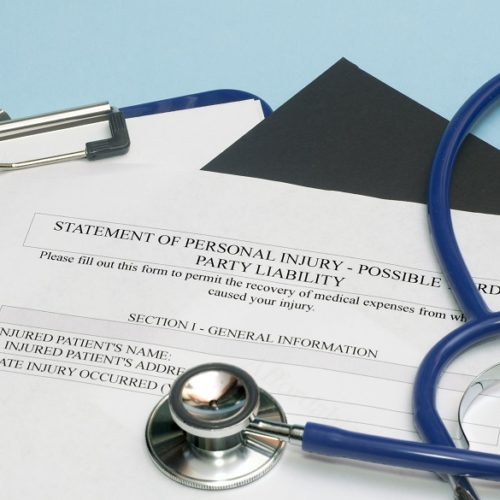When one person is hurt by another person’s wrongdoing, the victim often needs medical care to address the injuries he or she suffered. Most of the time, that care is paid for by a third-party (private health insurance, Medicare, Medi-Cal, Tricare, etc.). If the victim later sues the one who hurt them, the damages their lawsuit seeks may include reimbursement of such medical bills. Depending on what third party is involved, the victim may have to give some or all of that reimbursement to the third-party that actually paid those bills.
Third parties often pay for care that elders or dependent adults require to address the injuries they suffer in care homes (regarding which we ultimately sue). If the third party payor was a government agency, we are required by law to notify them about our lawsuit. They will then research any related care they believe they paid for, and engage our office in a discussion regarding how much (if any) of that care entitles them to reimbursement.
If the third-party was a private health insurer, it will usually not seek reimbursement. California suits that have a medical negligence cause of action (as most of our elder cases do) prohibit such reimbursement if the case goes to trial, so private insurers don’t even bother trying to seek it. Government agencies are not prohibited in this way, and if they believe they are owed reimbursement, they will assert a lien against your case. But our office has generally been successful in limiting such liens to amounts truly owed, and sometimes eliminating them altogether.

